Menu
Close

Keep Talking: Bell Let’s Talk Day 2022
Jan 20, 2022
Bell Let’s Talk Day is Wednesday, January 26 and CMHA Thames Valley Addiction and Mental Health Services is joining in to help drive meaningful progress in mental health.
COVID-19 has affected every aspect of our lives, including our mental health. However, tools are available to support ourselves and each other.
Since 2010, Canadians and people around the globe have joined in the world’s largest conversation around mental health on Bell Let’s Talk Day. Together we have taken big steps to reduce the stigma around mental health issues and inspire one another to take action and help create a Canada where everyone can access the mental health support they need. In a recent survey conducted by Nielsen Consumer Insights, 82% of Canadians now say they are comfortable speaking with others about mental health, compared to only 42% in 2012. By joining in and taking action, we are all helping to make a real difference.
This year’s Bell Let’s Talk Day campaign highlights the ways that we can support ourselves and those we care about through actions like listening, being there and talking. Every Canadian can play a part in their communities, workplaces, schools and at home.
What is mental health vs mental illness?
It’s important to understand that mental health and mental illness are different. The presence or absence of a mental illness is not a predictor of mental health; someone without a mental illness could have poor mental health, just as a person with a mental illness could have excellent mental health.
Mental health can be described as a state of well-being in which the individual can cope with the normal stresses of life, work productively, make contributions to their community and realizes their own abilities. Meanwhile, mental illnesses include a broad range of problems with different symptoms. They are generally characterized by some combination of changes in or disruptions of typical thoughts, emotions, behaviour and relationships with others (WHO, 2011).
Mental health challenges are largely influenced by an individual’s social, economic and physical environments. Some social determinants of mental health include employment status, housing situation, trauma, poverty, discrimination, access to health care, and/or education.
In any given year, one in five people in Canada will personally experience a mental health problem or illness.
Reducing stigma
Stigma is a combination of a negative attitude of prejudice with a negative reaction of act of discrimination. It means thinking less of a person because of who they are, which can make a person experiencing stigma feel unwanted and shamed, and could prevent them from seeking help.
Some ways we can all combat stigma are:
- Treat everyone with respect
- Be warm, caring and nonjudgmental
- Challenge stigma when you see it
- Be mindful of the language you use
- Learn the facts about mental health and mental illness
- Help raise awareness about mental health
Keep listening, talking and being there for ourselves and each other.
On Bell Let’s Talk Day, Bell donates five cents to Canadian mental health programs for every applicable text, local or long distance call, tweet or TikTok video using #BellLetsTalk, every Facebook, Instagram, LinkedIn, Snapchat, TikTok, Twitter and YouTube view of the Bell Let’s Talk Day video, and every use of the Bell Let’s Talk Facebook frame or Snapchat lens. All at no cost to participants beyond what they would normally pay their service provider for online or phone access.
You can also find resources and download the Bell Let’s Talk toolkit to begin your own conversation about mental health at home, school or in the workplace.
Please join us this Bell Let’s Talk Day by showing your support for all those who live with mental illness and those taking action to help them.



